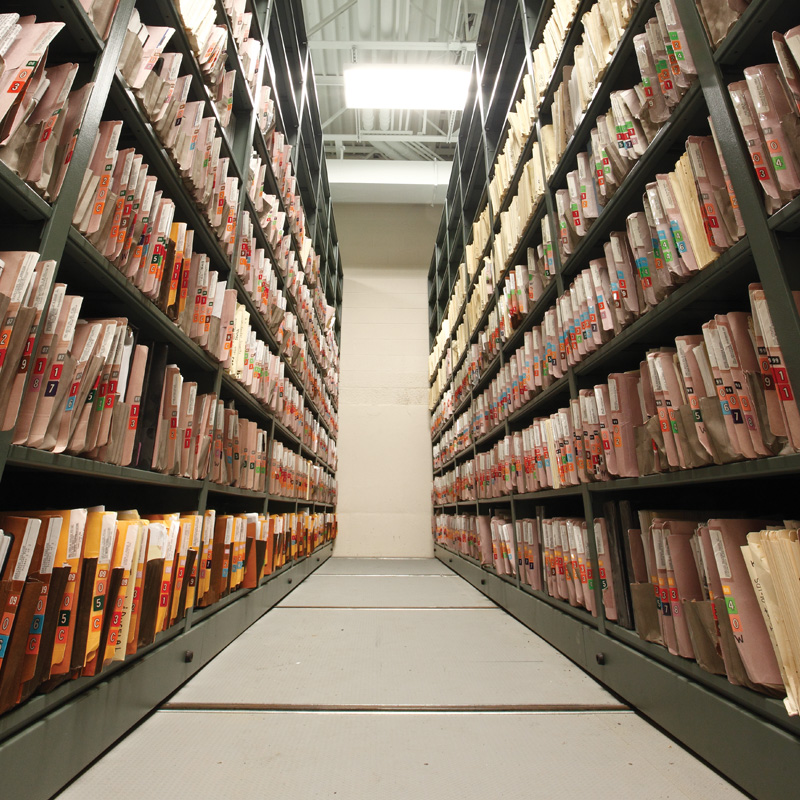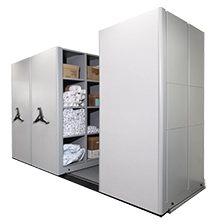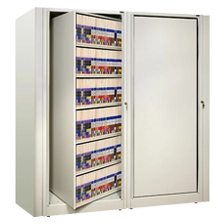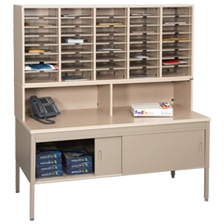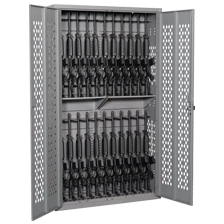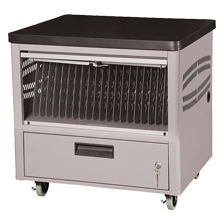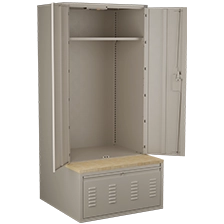Four Keys to Efficient Records Management and Storage
Managing an organization’s records means much more than finding room for file boxes. Whether you’re responsible for sensitive patient records, historical materials, legal documents or tax records, how you manage your physical documents affects your organization in ways that go far beyond clutter and office organization. The following are five aspects your records management system needs to address.
- Use of Records
When deciding how and where to store records, the first consideration is use. Ask yourself:
- Who uses this record?
- Why is it used?
- How frequently is it used?
By considering usage patterns, you can decide how accessible the records need to be and where they should be located to create the best work flow. Records that are frequently accessed are generally placed near staff who use them most, while inactive files should be pulled from the flow and placed in long-term storage.
- Lifecycle
Next, you’ll need to consider the lifecycle of the records. Many documents, such as tax forms and government documents, must be retained for a specific length of time for legal or regulatory reasons. Others, such as archival records, never expire. Attaching dates to files allows you to remove records easily at the end of their lifecycles.
- Data Security
Another important aspect of records management is data security. Many types of personal information are protected by state and federal laws such as HIPAA. Health records, employment documents, financial data, client records, and other sensitive information should be securely stored to protect privacy. Assigning a security level to your documents allows you to select storage that offers appropriate access and protection levels without disrupting work flows.
- Protection from Loss and Damage
Finally, when evaluating storage options, you should consider potential consequences of loss or damage to the items. If you’re storing the only copy of a document with historical significance, the document is irreplaceable. You can record it by scanning or photographing it as a backup, but you can’t replace it if it disappears. Items with archival value require storage that protects them from environmental damage and loss.
Putting It All Together
Once you’ve evaluated your documents according to those criteria, you can evaluate your true storage needs. Our experts can help you ensure that you have the right data security in place to protect sensitive documents. We can help you choose solutions to optimize work flows and productivity for files that are accessed frequently. We can help you find storage with environmental protections for irreplaceable items.
Making Room
The best, most organized system in the world won’t help you if you don’t have room. Fortunately, we can help you pack two to three times as much material into your existing storage space through optimized storage. We’ve helped hundreds of organizations that were packed to the rafters and renting offsite storage to reorganize, regroup, and bring it all back under one roof through our innovative storage solutions.
